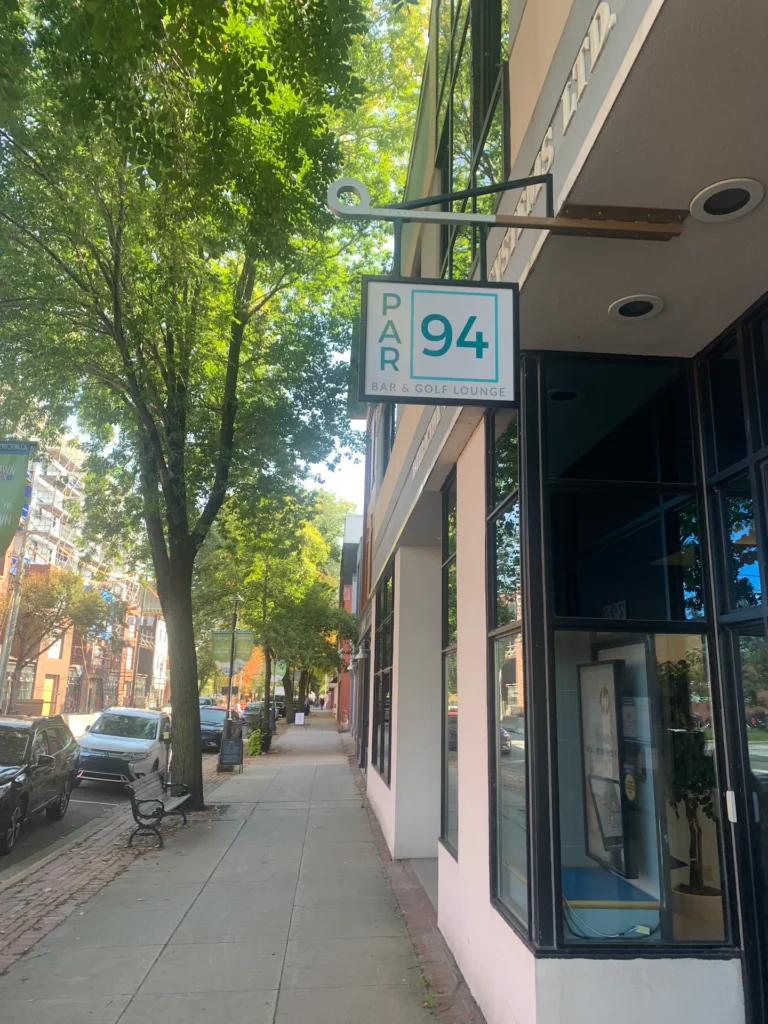Dr. Sabine LeBel presented a virtual lecture via Zoom on October 9 on her Queer Environmental Futures project. In partnership with Alison Taylor, Queer Environmental Futures is an academic and creative project that blends the fields of environmental history, humanities, and queer ecology.
The lecture was made available in partnership between St. Thomas University’s Environmental Praxis Lecture Series, NB Media Co-op, and RAVEN Rural Action and Voices for the Environment. Addressing an online crowd of approximately 20 people, LeBel explained how Queer Environmental Futures brings together the under-represented voices of Queer artists to combat issues of climate change.
“The mainstream media portrays climate catastrophe that makes futures seem impossible,” said LeBel.
By drawing from the experiences of Queer communities who have experienced the sense of unliveable futures, parallels can be drawn to the bleak futures presented by mainstream climate change narratives. By breaking down the barriers between utopia and dystopia, LeBel seeks to help Queer artists explore new possibilities for imagined futures.
“We must look at the narratives coming from racialized and first nations communities,” said LeBel, pointing out that many vulnerable communities have had to face a reality that presents no future for them.
In acknowledging that her lecture was being held, albeit virtually, on unceded territory of the Wolastoqiyik (Maliseet) and Mi’kmaq Peoples, she points out how these communities have valuable insight on how we can imagine impossible paths to environmental futures.
LeBel emphasizes that Queer experience with catastrophe and precarious environmental and cultural landscapes give the Queer voice a particular insight into navigating a world on the brink of rapid climate change.
As part of the Queer Environmental Futures project, LeBel helped create an artist residency at Anima Casa Rural, a permaculture farm located near Guadalajara, Mexico. The residency, called Queer Environmental Worlds, brought artists together from across North America to create collaborative and individual art projects themed around environmentalism, while challenging the conventional perspectives of capitalism, colonialism, and heteronormativity.
Unfortunately, because of the COVID-19 pandemic, LeBel and Alison Taylor adapted their residency to our current web-focused environment. Orchestrating a social media takeover of the Connexion Artist-Run Centre, Queer Environmental Futures encouraged artists to respond to daily prompts with multimedia art projects ranging from short videos, to sketches and performances.
Upcoming lectures in the Environmental Praxis lecture series are scheduled to take place on October 23, November 6, and November 20.




